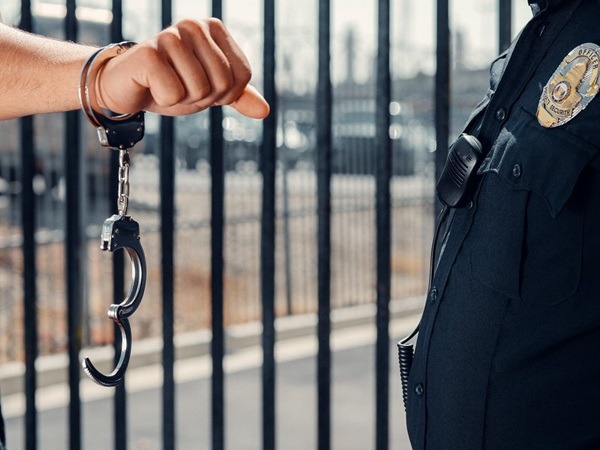The criminal justice system exists to keep our streets safe and protect the citizens of America. However, as with any system that relies on humans, there can be human error. With constant news about unjustified arrests and wrongful convictions, public confidence in the criminal justice system has been on a slow decline. Criminal charges can result in a slew of undesirable consequences such as loss of reputation, loss of employment, harsh fines, and even imprisonment.
Unequal Representation
In the criminal justice system, marginalized communities often face unfair treatment that can severely affect their hearing and sentencing outcomes. Despite efforts to secure effective legal representation for all, many barriers still exist across America for criminal defendants from impoverished backgrounds.
In early proceedings, many of these defendants are represented by court-appointed lawyers who are paid a low, flat fee for each case. These lawyers are often inexperienced and pressured to wrap up cases as quickly as possible to clear their heavy caseload. In addition, these lawyers are less confident in presenting adversarial defenses, particularly in cases that test state evidence, such as those brought on by the police force. As a result, many poor defendants are advised to plead guilty and denied a rigorous defense.
Similarly, individuals with mental health conditions often get the short end of the stick when indicted into the criminal justice system. People suffering from mental health issues may find themselves inadvertently violating the law due to cognitive and behavioral challenges.
Without access to lawyers who are adept at dealing with people with mental health conditions, these individuals may become stranded within the court system and subsequently incarcerated. The discriminatory practices of the criminal justice system can cause serious harm to these individuals, who become punished for their illness and deprived of the care that is required for their special needs.
War Against Drugs
According to data from the FBI, American law enforcement agencies arrest approximately 1.5 million people a year for drug offenses, with more than 86.7 percent of drug-related arrests for mere drug possession. Because drug enforcement is performed on local and state levels instead of federal levels, drug laws can vary from state to state, creating a confusing situation.
Although cannabis is an illegal Schedule 1 drug under federal law, certain states allow the use of medical or recreational cannabis. Florida, for example, allows the use of prescribed medical cannabis but does not allow recreational use. Hence, there are severe penalties for possession and cultivation of the plant for those without medical clearance.
Under Florida law, individuals arrested for drug cultivation or manufacturing activities can be charged with third-degree or second-degree felonies and face jail time of up to fifteen years and a fine of up to $10,000. If they are caught conducting these activities close to a school, public park, or other sensitive community areas, the charge could be escalated to a first-degree felony.
Crimes Against Property
Other cases that are commonly prosecuted in the criminal justice system are crimes against property. Crimes against property typically involve unlawful interference with someone else’s property which results in the deprivation of the use of said property. These crimes can include auto theft, burglary, robbery, and shoplifting. Under Florida law, petty theft such as shoplifting is a misdemeanor offense while grand theft is a felony offense applied to instances where the stolen property is valued at over $300.
In crimes against property cases, prosecutors have to prove that the defendant had the felonious intent to unlawfully obtain the property of another party and purposefully derived them of its use. Because intent is notoriously difficult for prosecutors to prove, a criminal defense lawyer can assist defendants in securing a dismissal or acquittal.
Representing Your Rights
When an individual is put on trial for allegedly committing a crime, the prosecution must prove its case beyond a reasonable doubt. At this time, a skillful criminal defense lawyer with the knowledge and experience to navigate the justice system is invaluable for defendants.
There are a myriad of means that a criminal defense lawyer can use to protect their clients, including casting doubt on the prosecutor’s case, contending that the defendant had a legal and sensible reason for their actions, and arguing constitutional rights violations such as illegal search and seizure. Furthermore, there are gray areas in the law and strict guidelines for police procedures that can be explored. In a worst-case scenario, the attorney can help a defendant negotiate a plea bargain or a diversion program.
Americans from all walks of life have the right to legal representation and are entitled to defend their rights. If you have been suspected of or charged with a criminal offense and need criminal defense representation, read more info here and explore your legal options with a reliable attorney. With their expertise and knowledge, a professional criminal defense lawyer can take the weight off your shoulders and ensure that your freedom is aggressively and successfully defended.

